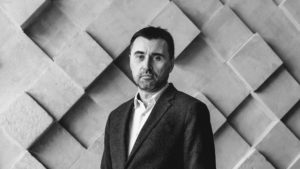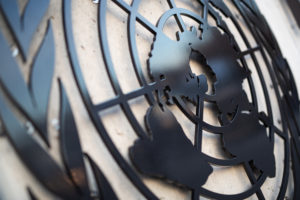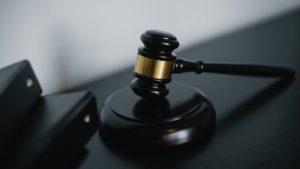
Human rights lawyers
Human rights lawyers play a critical role in upholding human rights. Their independence and protection is essential.



Our position
“Human rights lawyer” refers to any lawyer who provides legal counsel to victims of human rights violations, regardless of membership in a professional association. These lawyers carry out a professional defence of human rights. Their function deserves protection as the right to legal assistance is a key principle of the right to a fair trial.
To guarantee fair trial rights, governments must avoid interfering with the rights of lawyers to represent the clients of their choice and to work on the issues they choose. They must ensure human rights lawyers have the same level of access and possibility to communicate in confidence with their clients as any other lawyers.
The independence of professional organisations of lawyers must be respected, and disbarment must only be an administrative measure aimed at ensuring professional and ethical standards of the profession, not a punishment dispensed by the government. States must refrain from interfering with the operation of professional organisations of lawyers.
Leaders in all sectors of society must acknowledge publicly the important and legitimate role of human rights lawyers in the promotion of human rights, democracy and rule of law, and avoid stigmatisation of human rights lawyers. States should take extra measures to ensure the protection of lawyers and judges who are at greater risk due to their dual role: as legal professionals and as human rights defenders.

Lawyers at risk
On International Day of the Endangered Lawyer, 21 January 2020, the International Bar Association’s Human Rights Institute is to launch a Toolkit on Lawyers at Risk, developed in partnership with the Bar Human Rights Committee, Human Rights House Foundation, Lawyers for Lawyers and Lawyers’ Rights Watch Canada.
In recent years, pressure has intensified on lawyers working on human rights or representing individuals claiming their rights were violated. This trend, observed particularly in Eastern Europe, has grave consequences, with human rights lawyers unable to work safely and efficiently, and their clients not prevented from exercising their right to legal defence and protection. It threatens the well being of societies as a whole and the functioning of States under the rule of law
Increasing risks and threats to human rights lawyers has grave consequences, as the work of the human rights lawyers ceases to be efficient and safe and the principle of confidentiality is violated. This will unavoidably result in a loss of trust in human rights instruments in general, including international courts and quasi-judicial bodies.
The popularity of human rights lawyers in many countries, such as Intigam Aliyev in Azerbaijan, is due to their role in protecting those suffering human rights violations. As Xiao Guozhen put it: “The increasing popularity of human rights lawyers, especially among the disgruntled and oppressed, and their rising in influence on social media, has scared our leaders to such an extent that they felt it necessary to carry out the current wave of nationwide arrests.”
Today, there is double repression: governments restrict the enjoyment of human rights for all people, and those defending human rights fear more and more severe retaliation. Human rights defenders are also victims of laws criminalising their work. Governments also use sophisticated methods to harass, intimidate and punish lawyers defending those whose rights were violated.
“My activity in the European Court, especially election cases, played an important role in my imprisonment. These activities irritate the government. Our organisation and I were notified about undesirable outcomes of this activity continually.”
Intigam Aliyev, human rights lawyer from Azerbaijan
Human rights lawyers are among the human rights defenders that are more at risk, alongside women human rights defenders, minority rights defenders, defenders from the periphery, defenders of rights of LGBT people, and human rights defenders working on corruption issues and elections.
The negative trend of increasing risks and threats against human rights lawyers is documented in the report “Human Rights Lawyers at Risk,” prepared by Human Rights Houses and Human Rights House Foundation.





